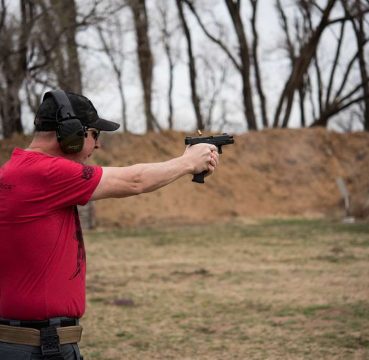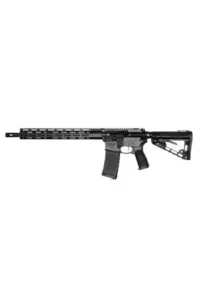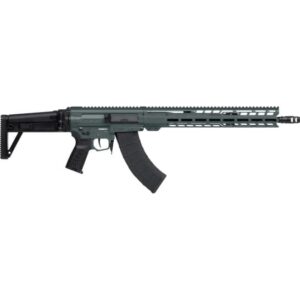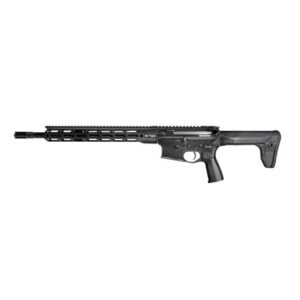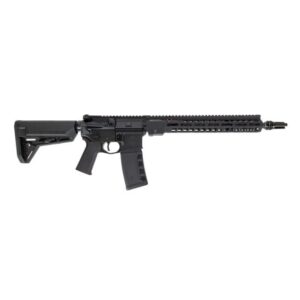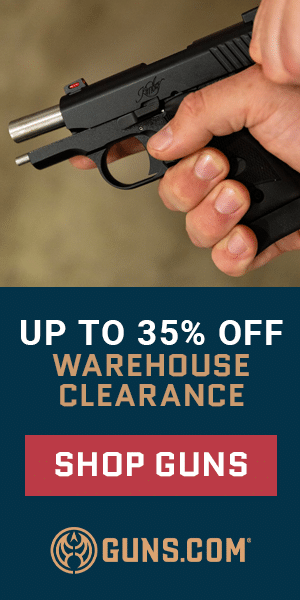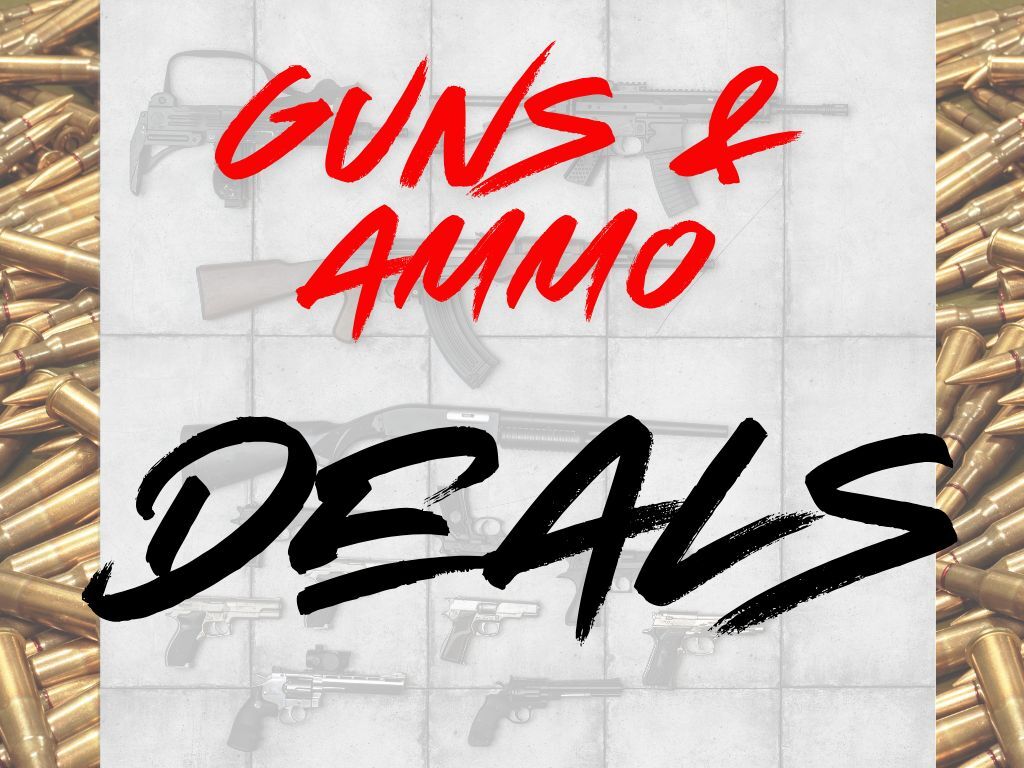We’ve all got a friend who is too macho to use protective devices when out shooting. You know the guy – he talks a lot about how, when he was in the Marines, no-one used earplugs. And when you go for a beer, he has real trouble hearing you over the music in the bar.
The truth is that many of us are not as careful as we should be when it comes to protecting ourselves when shooting. This is as true on the range as it is when out hunting, and is especially critical for competitive shooters. If you take your sport seriously, and practice as often as you get time, you are going to end up with problems unless you take the proper precautions.
Though there is plenty of advice out there about safety when shooting, today I’ll focus on just the two most important items: ear protection, and eye protection.
Ear Protection
Guns, as you may have noticed, are loud. Ever noticed, when you go down to the range, how the first shot you fire seems to be the loudest? This is one of the reasons why hearing loss is so common among competitive shooters – after hundreds of hours of shooting, the incredible noise of your weapon becomes commonplace, and you forget just how powerful it is.
It’s pretty easy to cause permanent hearing loss when using your firearm. Scientists say that permanent hearing loss can occur when noise levels go above 140 decibels, and even small caliber rifles can reach that.
Competitive shooters are especially at risk. This is because, in closed environments like a range, the sound of your gun reflects and resonates around the space. This makes it last longer, and that causes more damage. In truth, if you are firing on the range without the correct ear protection, you are almost certainly going to damage your hearing.
Given this, I find it astonishing that studies suggest that only about 50% of us who fire guns on a regular basis wear adequate hearing protection. Come on, people.
This is even more surprising, given that protecting your hearing is actually really easy. It starts, pretty obviously, with getting a decent pair of earplugs or earmuffs. Just make sure, when you are buying these, that you get products designed for shooting – the earplugs designed for musicians, for instance, are built to a different spec and will not adequately protect your hearing against gunfire.
Eye Protection
I’m torn with regard to which is more important – eye protection or ear protection – when it comes to shooting. Let’s just say that, although your hearing is more likely to be damaged when out shooting, the consequences of damaging your eyes are much higher.
It seems, though, that eye protection is even more often overlooked than hearing protection. I’m not really sure why this is: I can only think that some competitive shooters think that wearing glasses will affect their accuracy.
That is not the case. In fact, a decent pair of shooting glasses can actually improve your performance on the range, whilst also keeping your eyes safe. Many shooting glasses today offer increased contrast over your normal eyesight, and some of the most advanced even extend your peripheral vision.
With regard to safety, note that ANSI have usefully produced a standard for shooting glasses, detailing the level of protection they need to offer, so always look for a pair of shooting glasses that conform to this standard. In reality, only cheap Chinese copies of real glasses are not going to be ANSI accredited, but you should check nonetheless.
Beyond this, you have a wealth of options to chose from when it comes to shooting glasses. For most competitive shooters, I would recommend getting a clear pair of glasses, so that your full range of vision is retained, but beyond this the choice is yours.
Everything Else
Once you’ve got a good set of hearing and eye protection devices, you should be pretty safe from damage to your hearing and vision. Note, however, that if you are firing a lot of rounds a week, it is always worth reviewing your safety procedures from time to time. A lot of us, having been shooting for years, end up forgetting some pretty basic rules about gun handling, and that’s how accidents happen.
I know, even after all that, that your friend is still going to refuse to wear hearing protection. But that’s no reason for you to lose your hearing as well!
